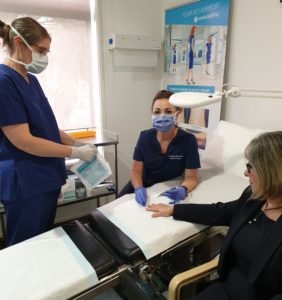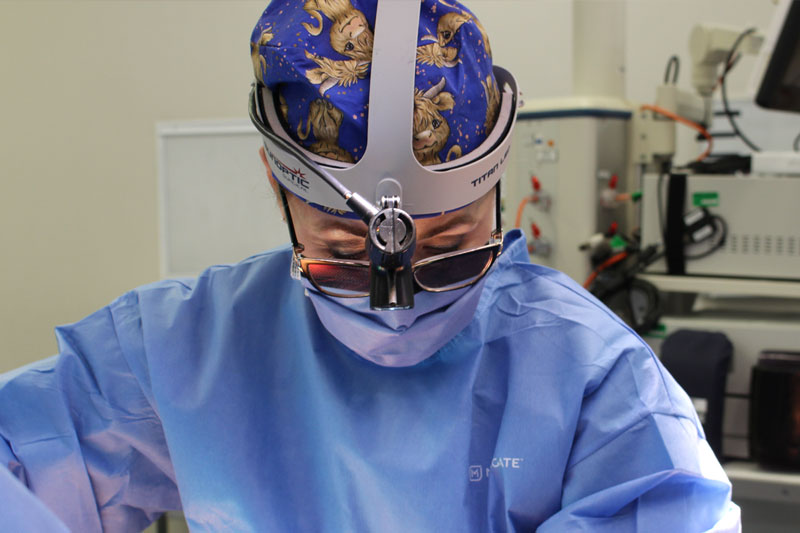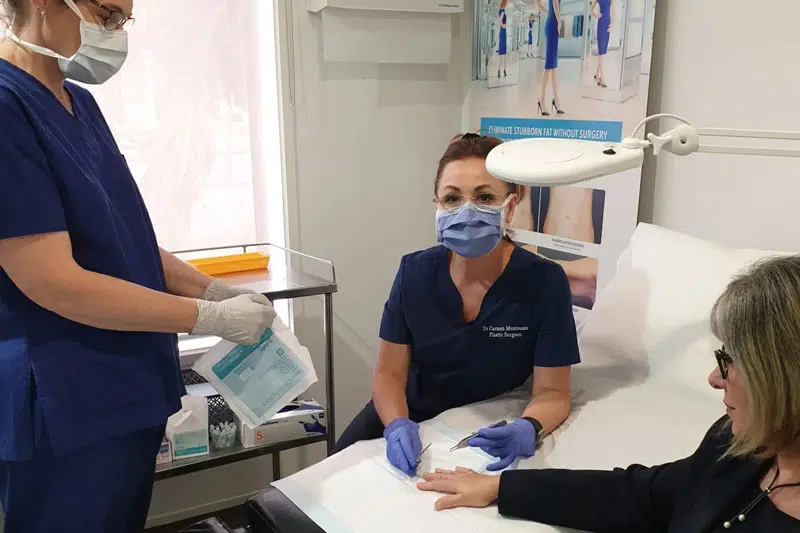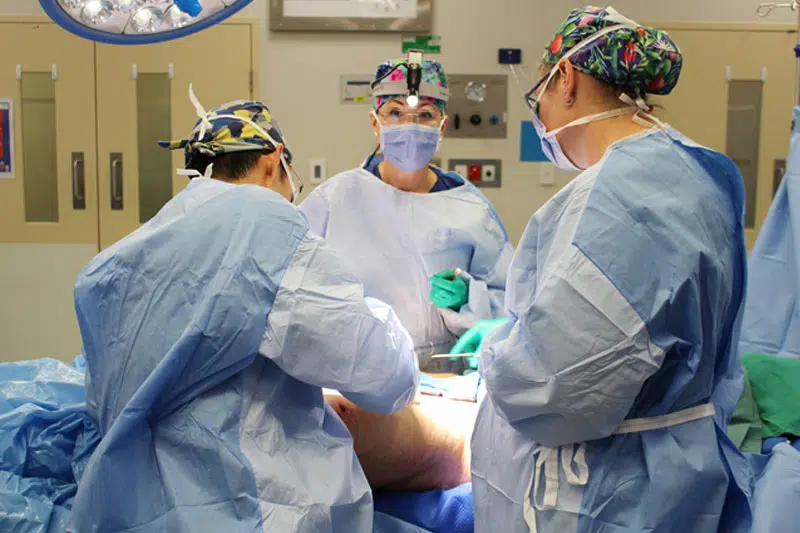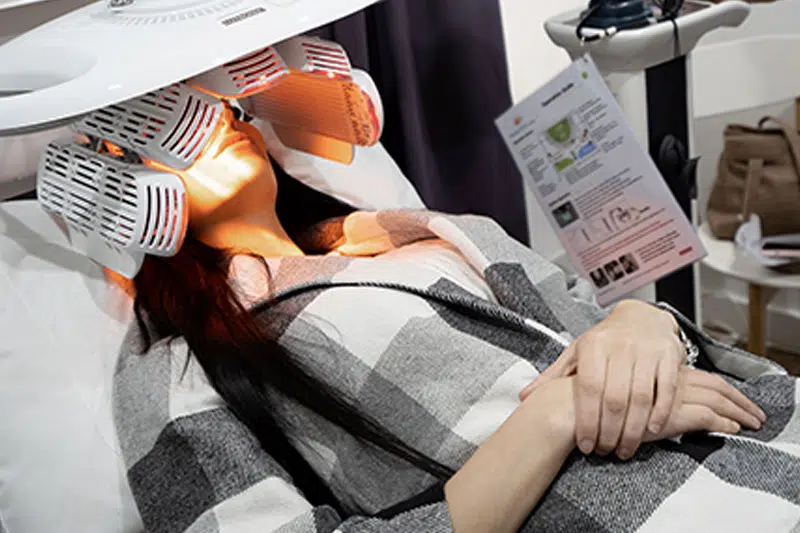Skin Cancer Removal
Dr Carmen Munteanu now focuses exclusively on breast and body aesthetic surgery and no longer performs procedures related to skin cancer (including BCC and SCC) or skin lesion removal.
Patients seeking assessment or treatment for skin lesions or non-melanoma cancers may wish to contact Specialist Plastic Surgeon Dr Marc Seifman on 11300 653 136.
Early diagnosis and appropriate treatment of non-melanoma skin cancers can be effective. It is important to consult a qualified medical professional for individual assessment and care.
Glossary of Terms
- BCC (Basal Cell Carcinoma):
- A form of non-melanoma skin cancer that typically develops in the basal cells of the skin.
- BCC often appears in sun-exposed areas such as the face, ears, neck, and scalp.
- It usually grows slowly and is less likely to spread to other parts of the body if treated early.
- SCC (Squamous Cell Carcinoma):
- Another type of non-melanoma skin cancer that arises from the squamous cells in the outer layer of the skin.
- SCC may appear as a scaly patch, sore, or raised growth, and can sometimes spread to nearby lymph nodes if left untreated.
- Skin Lesion:
- A general term for any abnormal change or growth on the skin. Lesions can include moles, lumps, ulcers, rashes, or growths, and may be benign (non-cancerous) or malignant (cancerous).
- Medical assessment is important for accurate diagnosis.
- Non-Melanoma Skin Cancer:
- A group of skin cancers that does not include melanoma.
- The two most recurring types are BCC (Basal Cell Carcinoma) and SCC (Squamous Cell Carcinoma).
Further Reading – medical references
- Mayoclinic- Skin Cancer: Diagnosis and Treatment
- Perlmutter Cancer Center – Surgical Procedures for Basal & Squamous Cell Skin Cancers
Ongoing Skin Health and Monitoring After Treatment
Following the removal of a skin cancer, patients may be at increased risk of developing future skin cancers, particularly if they have a history of sun exposure or previous lesions. Ongoing care and monitoring are important to support early detection and timely treatment if further concerns arise.
It is recommended that individuals regularly examine their skin for any new or changing lesions, and promptly seek medical advice if anything unusual appears. Routine follow-up with a qualified healthcare professional, such as your GP or dermatologist, can assist in monitoring your skin health over time.
Preventive measures, including the use of sun protection (broad-spectrum sunscreen, protective clothing, and avoiding peak UV hours), can also support long-term skin health.

